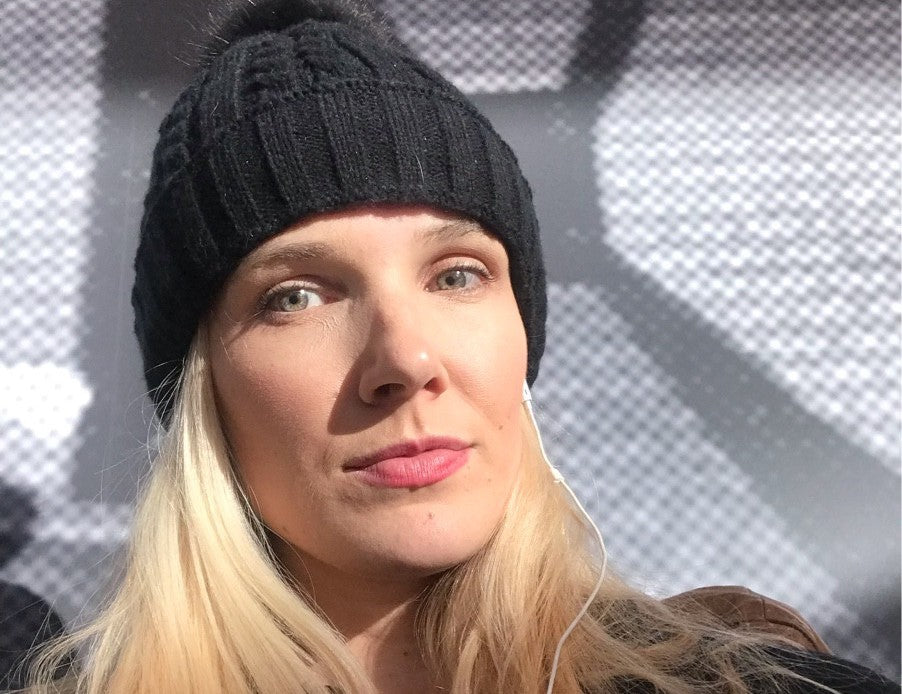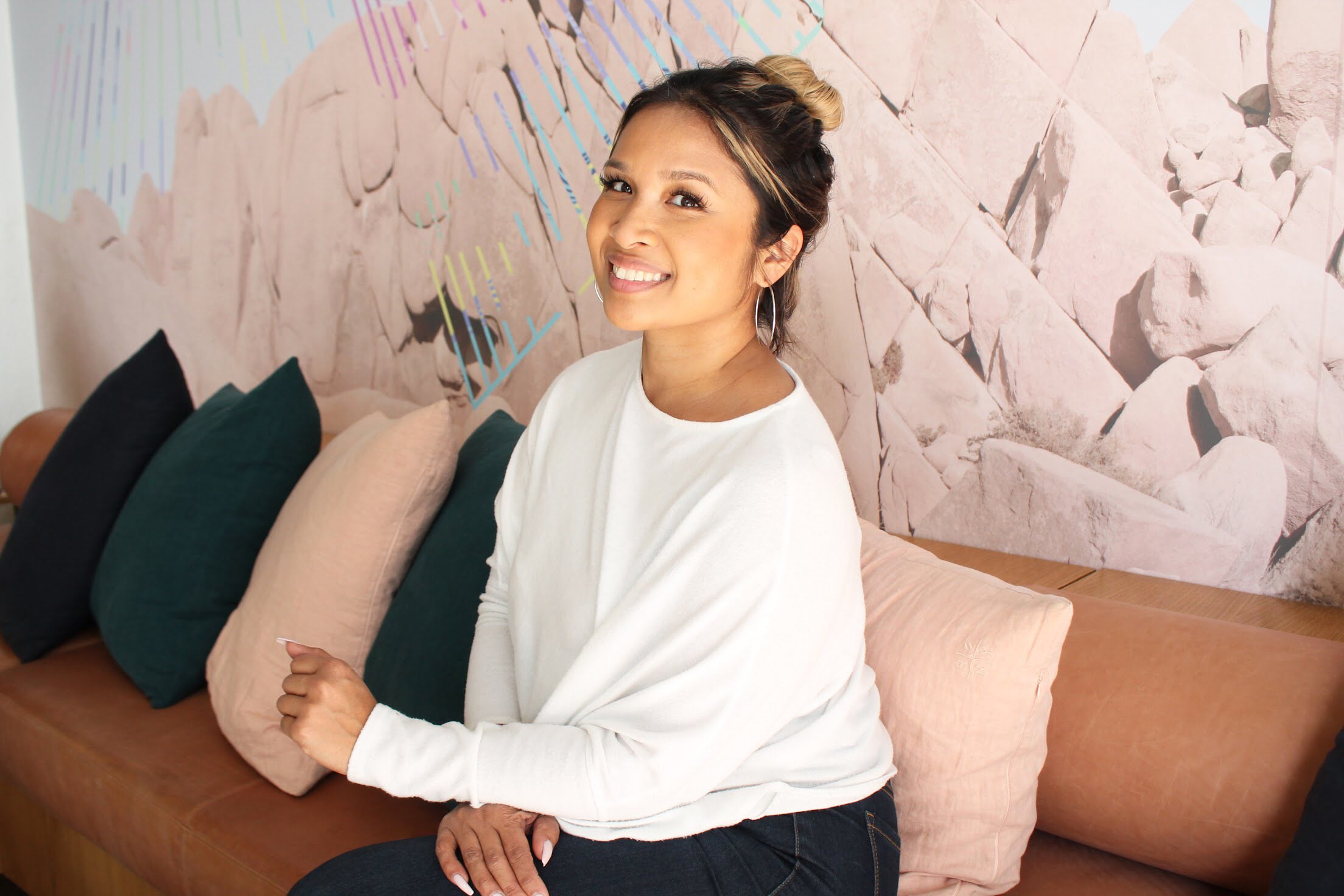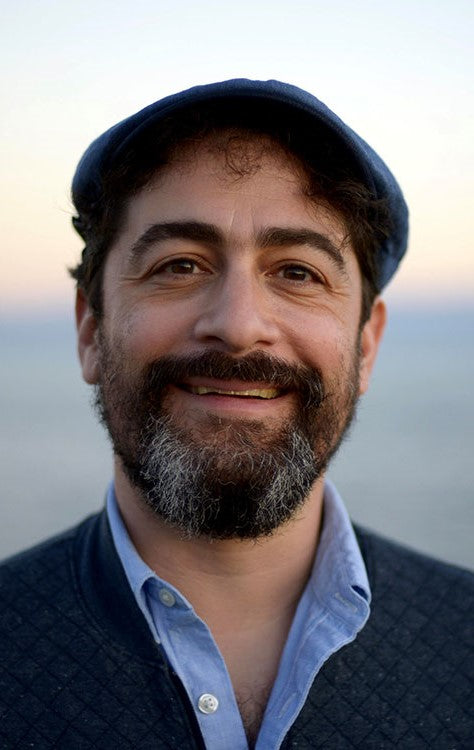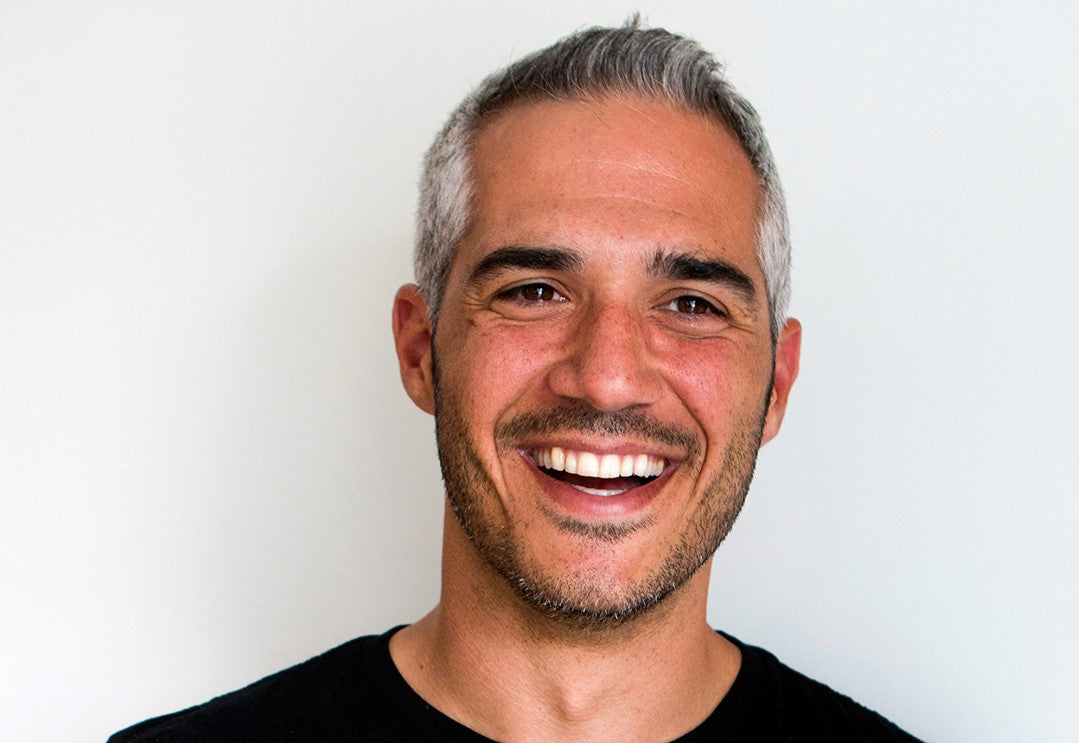An Interview with Katie Crosby | Understanding Root Emotions & How Childhood Learned Behaviour is Impacting You As an Adult

In this episode, we interviewed Katie Crosby, an occupational therapist specializing in intergenerational healing and helping people recognize childhood as the portal for that.
Katie merged her personal healing journey, professional learning and background, and 20+ years of experience with kids and families and developed The Meltdown Method because she's seen again and again how having a framework to guide helps boost adult's sense of safety and security in the toughest moments, and the trickle effect this has on kids. She is trained in play therapy, trauma-informed methods, sensory processing, DIRFloortime, and integrative listening therapies.
The Happiness Planner: Tell us about yourself and your work.
Katie: I am an occupational therapist turned family coach and program leader. I lead programs in behavior, emotions, and meltdowns with a passion for intergenerational healing and whole-family work.
The Happiness Planner: What does a typical day look like for you?
Katie: Wake up. Some days I get with my morning routine - movement and stretching, meditate even if it’s 1-2 minutes, make some eggs from a local farm followed by coffee and message. Then, I spend time in sessions with kids and families.
The Happiness Planner: What interested you in occupational therapy?
Katie: It was the height of the recession in the late 2000s, and my first job out of undergrad was working for Michigan’s Unemployment Insurance Agency. The first time I heard of occupational therapy was talking to a friendly claimant whose daughter traveled the world educating automotive factories on ergonomics for employees. I was fascinated by the role and started to hear more and more about the occupation – yet it wasn’t until I moved to Chicago for a logistics career that I stumbled upon a pediatric OT setting and knew my heart was there.
OT is a field that looks at the individual as part of a greater system - all environmental factors, personal and individual factors - the whole person, and emphasizes their agency and client-centered aspects above all. That really resonated with me.
I lost my brother to suicide in adolescence and have become increasingly passionate about guiding kids and families – then all humans – along this often challenging life journey that’s made so much easier when we have emotional support and tools to guide us.
The Happiness Planner: At which point did you decide to focus on root emotions and rewiring childhood patterns?
Katie: I remember being in a room during a clinical with a child who was nonverbal, dysregulated, and disconnected. A therapist I was learning from was trying to get the child to sit in a chair at a table and recite words on flashcards. It felt awful to me - the girl could hardly stay still, and we weren’t matching the intervention to her brain state, connecting first to allow her nervous system to be at ease - and it was unintentional; the therapist was doing what they had learned.
I thought about all of the times kids have felt less-than because they’re unable to do the task at hand, they’re pushed further into isolation when it is actually a mismatch and misattunement in the interaction and environment: that what they needed was an adult to trust, to investigate what their behavior communicated, and be with them enough to feel secure and able to attend.
It lit a fire within me to advocate for kids and their nervous systems, each as unique as a fingerprint.
"Through a full range of emotions and experiences, we develop our
sense of self and confidence in who we are. When we don’t get this, we tend to learn that when we’re angry or sad, we’re unloveable - and those emotions can feel really significant and scary as a result, well into adulthood."
The Happiness Planner: What are some of the most challenging things you’ve faced as an OT? What are some surprising things you have overcome?
Katie: Working with kids brought out information about my own nervous system and my own unresolved traumas, many of which I’ve since become aware of. Kids become mirrors for our own reactions, our own stored responses, the skeletons in the closet we didn’t know we had - it can be a humble pie, again and again, to look inward versus blaming the child in front of us. Kids have been some of my greatest teachers (and developers of my limbic system).
The Happiness Planner: What is the most interesting thing you’ve learned about human nature in your career?
Katie: That we are so wired to stay “safe” -ish and comfortable, repeating familiar patterns. We have blind spots because of this. I am part of the recovery world, and there is a piece of listening to others’ feedback about your behaviors and patterns, an essential part of growing through the “don’t talk, don’t trust, don’t feel” many of us have ingrained within.
It is these coping mechanisms that disconnects us and lead to unhelpful patterns like numbing, attacking, blaming. We are so unaccustomed to really feeling - we are so emotionally phobic as a society - that it ends up eating away at us. Yet, once we peel away the behaviors and coping mechanisms, there is vulnerability and a deep desire to connect within.
The Happiness Planner: What are the most common challenges your clients face?
Katie:
- Shifting interaction patterns - knowing what they don’t want to repeat, yet having trouble figuring out what to do instead.
- Being able to be present through intense emotions, explosive meltdowns.
- Understanding the root of behavior and being available to investigate and get curious versus react in those familiar ways.
- Having little support or others available, especially this past year.
The Happiness Planner: What does a typical session working with rewiring patterns involve?
Katie: My work is a combination of parents-only sessions and sessions with the whole family or one child. With parents, we start with talking through a prior session, looking at video clips to guide us. Step one is always exploring their responses in the moment. What were they feeling? What was their nervous system communicating?
Once we regulate through with adults, it helps to be available for the next step - how to coregulate the child in those moments.
By becoming aware of existing patterns and responses, we begin to move through the related neurological cycles versus getting stuck and continuing to perpetuate them.
The Happiness Planner: How do unhealthy childhood patterns affect life in adulthood?
Katie: In order for us to understand our own behaviors, emotions, and responses as children, we need a present-enough adult able to model unconditionality and clarity back to us - e.g., when we’re angry, it’s OK, they’ll stay with us, nope, not OK to hit. Through a full range of emotions and experiences, we develop our sense of self and confidence in who we are.
When we don’t get this, we tend to learn that when we’re angry or sad, we’re unloveable - and those emotions can feel really significant and scary as a result, well into adulthood.
It can have us reaching to numbing, avoiding, or blaming because we haven’t learned that emotions are a safe, totally natural aspect of being human.
It can cause us to pretend we don’t have a “shadow side” - i.e., a full range of human emotions- and only want to project the happy, shiny stuff to the world even in our intimate relationships.
The Happiness Planner: How can someone identify they have unhealthy childhood patterns affecting their life? What are the signs to look out for?
Katie: Feeling fatigued for “no reason.” Self-sabotage. Rejecting the parenting role. Feeling really anxious about relationships in life or avoiding them all together. Low self-worth. Addiction. Feeling “stuck” for a longer period of time. Reactivity. Difficulty with sleeping, preparing meals, keeping to a rhythm. Super-productivity, constant sense of urgency. Not OK “being” - needs to “do.”
There are so many ways this can show up in adulthood. These are just some top few that come to mind.
The Happiness Planner: What is the next step for you? Where would you like to see your work evolve in the next 10-years, and what impact would you like to make through it?
Katie: In ten years, I would love to have written a book or two because no Instagram post or email can compete with holding a tangible book in my eyes. I would hope I have shared my story more bit by bit - I believe so strongly in the power of storytelling to connect us all. My micro-mission is to be as present and mindful as possible in my daily life, to do the work in my immediate relationships, recognizing this work forever begins with myself.
The impact I hope is returning agency to others- helping offer some information and questions to peel back the layers that can all too easily get in the way—returning to the present moment, sensory grounding, reconnecting with that playful inner spirit within.
Katie’s Info:
Website: https://www.thrivinglittles.com/
IG: thrivinglittles






Comments